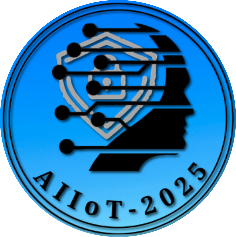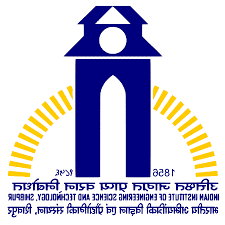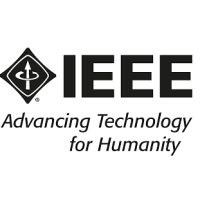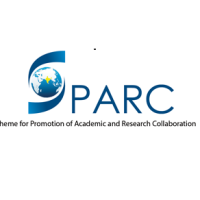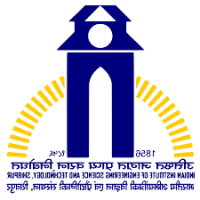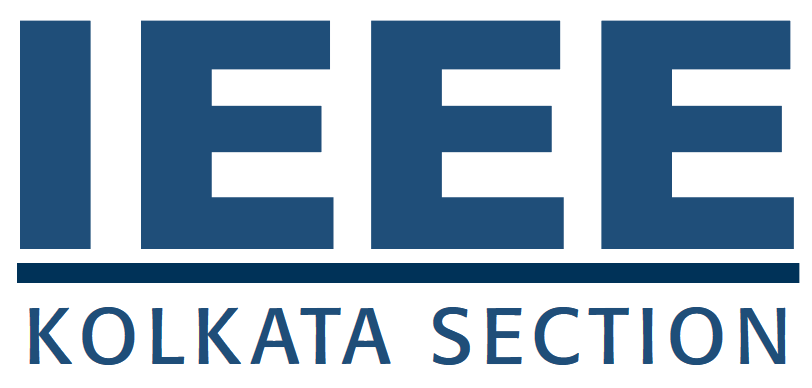The Second IEEE International Symposium on Artificial Intelligence and Internet of Things (AIIOT 2025) will be held during 22nd December – 24th December 2025 at the Indian Institute of Engineering Science and Technology (IIEST) Shibpur, India (https://aiiot2025.iiests.ac.in/). The symposium, supported by the Scheme for Promotion of Academic and Research Collaboration (SPARC) Project, Ministry of Education, Government of India and IIEST Shibpur focuses on the recent innovation in the area of Artificial Intelligence and Internet of things (IOT) to highlight the strong foundation in methodology and the integration of multidisciplinary approaches.
IEEE AIIoT 2025 aims to bring together researchers, engineers, industry leaders, and policymakers from around the world to exchange ideas, showcase innovations, and foster collaborations in the rapidly evolving field of Artificial Intelligence of Things (AIoT). AIIoT represents the convergence of Artificial Intelligence (AI) and the Internet of Things (IoT), where AI techniques such as Machine Learning (ML) and Deep Learning (DL) are integrated into IoT systems to enable intelligent, context-aware interactions closer to the data source.
AI/ML & IoT Key Topics
Core AI and ML
- AI-ML algorithms, Deep learning and neural network architectures
- Transfer learning and meta-learning
- Generative AI and foundation models
- Explainable AI (XAI) and model interpretability
- Online and incremental learning
- Few-shot and zero-shot learning
- AI security and Defense
Hardware Design for AI
- AI accelerators and specialized hardware
- Efficient training and inference architectures
- ML model compression and quantization
- Hardware-aware neural architecture search (NAS)
- Area and power optimization for AI
- Secure and VLSI-based AI implementations
AI & ML for IoT
- ML/DL algorithms tailored for IoT systems
- TinyML and generative AI at the edge
- NLP and conversational AI for edge devices
- Predictive maintenance and anomaly detection
- AI-powered analytics for Industrial IoT
- Novel AI architectures for resource-constrained IoT
Edge Computing & Architectures
- Edge intelligence and distributed AI systems
- Challenges in deploying AI at the edge
- Edge computing technologies and architectures
- Intelligent power and battery management
- Performance, scalability, and energy optimization
LLMs & Advanced AI Models
- Deployment of large language models (LLMs) on mobile and edge
- LLM applications in AIoT and embedded systems
AIoT Applications
- Smart cities, smart homes, and connected environments
- AIoT in healthcare, wearables, and personalized medicine
- Industrial automation and manufacturing
- Precision agriculture using AI and IoT
- AIoT in transportation, logistics, and supply chains
- Robotics and robotic process automation (RPA)
- Environmental monitoring and sustainability
Security, Privacy & Ethics
- AI security and privacy in connected systems
- Federated learning and privacy-preserving AI
- Blockchain for securing IoT/edge devices
- Cybersecurity frameworks for AIoT
- Ethics, policy, and governance in AIoT
- Standards and interoperability in intelligent systems
Communication & Connectivity
- Role of 5G/6G in enabling AIoT
- Wireless sensor networks and data acquisition
- Secure, low-power communication protocols for AIoT
Cross-domain & Emerging Topics
- Cross-domain integration of AI and IoT technologies
- Innovations in sensors and actuators for intelligent systems
- Human-machine interaction in AI-driven environments
- Emerging sensing technologies for the edge
Energy-Efficient AI Algorithms for IoT Devices
- TinyML & Model Compression for IoT Devices
- Efficient Neural Architecture Search (NAS) for Edge AI
- Sparse & Event-Based AI for Sensor Networks
- Energy-Aware AI, Edge-Cloud Collaborative AI
- Adaptive Inference Strategies
- AI Acceleration on Low-Power Processors
Blockchain Technology for Securing IoT Devices
- Decentralized Identity Management for IoT Devices
- Tamper-Proof IoT Data Logging with Blockchain
- Anti-Counterfeiting Solutions
- Zero-Trust Architectures for IoT with Blockchain
- Scalable & Energy-Efficient Blockchain Solutions for IoT
ML for Biomedical and Bioinformatics Applications
- ML for Genomics & Precision Medicine
- AI in Medical Imaging & Diagnostics
- Biomedical NLP & Clinical Decision Support
- AI in Biomedicine
Emerging Trends
- AI Hallucinations: Detection & Mitigation
- Small Language Models (SLM)
- Agentic AI
- Prompt Optimization & Engineering
